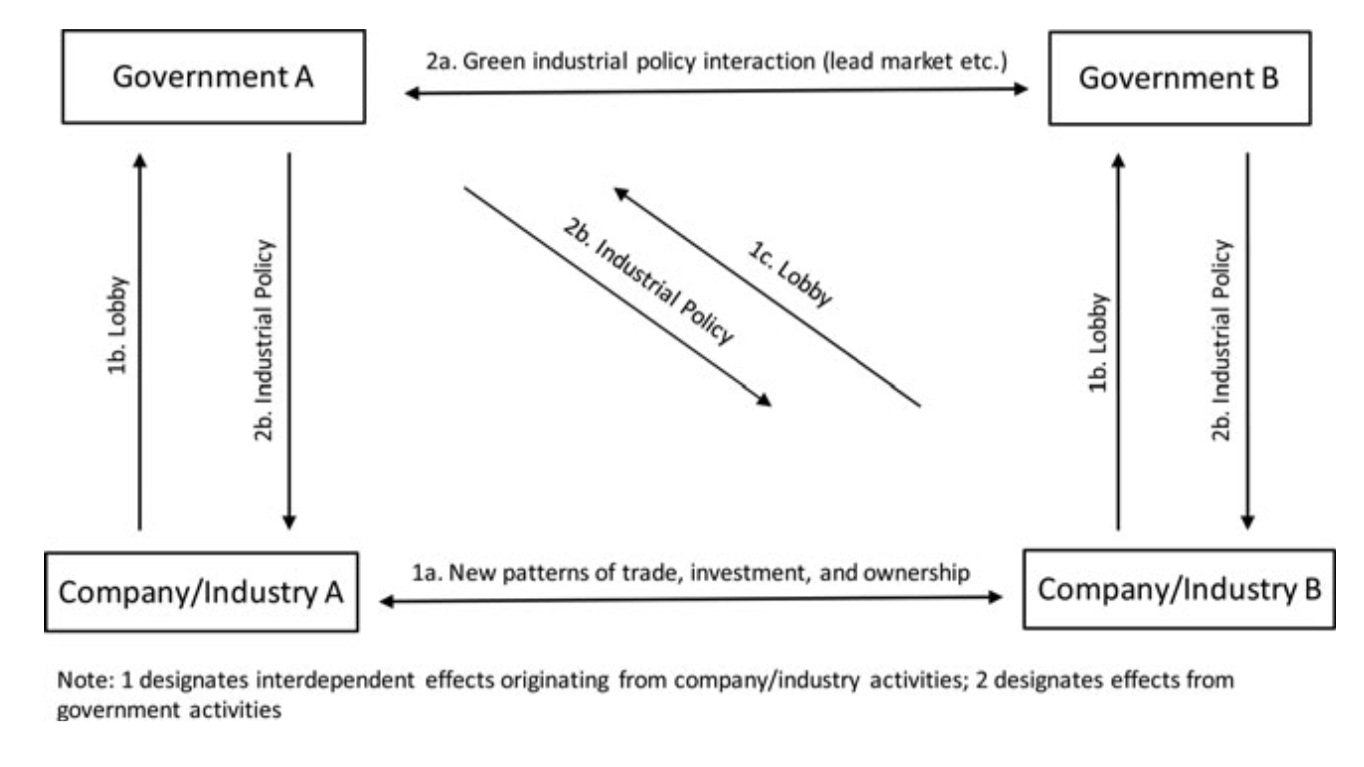Lab for Energy & Environment in the Asia-Pacific (LEEAP)
Responding to climate change requires deploying low-carbon technologies rapidly and at scale while reducing emissions from technologies currently used to meet the bulk of global energy demand.
At the same time, the characteristics of technologies used to supply energy services globally differ markedly, and this has important implications for the structure of supply chains used to produce them and the pace of deployment. At LEEAP we adopt a technology-specific approach to describing and analysing the low-carbon energy transition.
Our approach is problem-driven: we ask questions about particular technologies, and set about answering these questions using a variety of techniques and information. We are particularly interested in the creation of competitive advantage in low carbon technologies through policy, with an analytic focus on interdependence and geographic focus on the Asia-Pacific.
Our research and outreach has been supported by the European Commission Strategic Partnership for the Implementation of the Paris Agreement (SPIPA), the Commonwealth Department of Foreign Affairs and Trade, the Commonwealth Department of Defence, and the Australian Research Council.
Click on the images to learn more, and get in touch if you’d like to discuss working together.
Offshore Wind in the Asia Pacific
Offshore wind has been proposed as a key technology option for decarbonising energy systems in the Asia-Pacific region. We are examining various aspects of offshore wind development and deployment regionally and globally
Energy Transition Policies
Cross-cutting work that looks at different aspects of policies supporting the low-carbon energy transition.
PhD and Postdoctoral Research Collaborators
Doctoral and postdoctoral students work with us on various aspects of the low carbon energy transition.
Japan Energy Transition
Japan is the 5th largest emitter of CO2 globally and its economy remains largely dependent on fossil fuels. A long-standing area of work charts Japan’s energy transition on a cross-technology and fuel basis.




